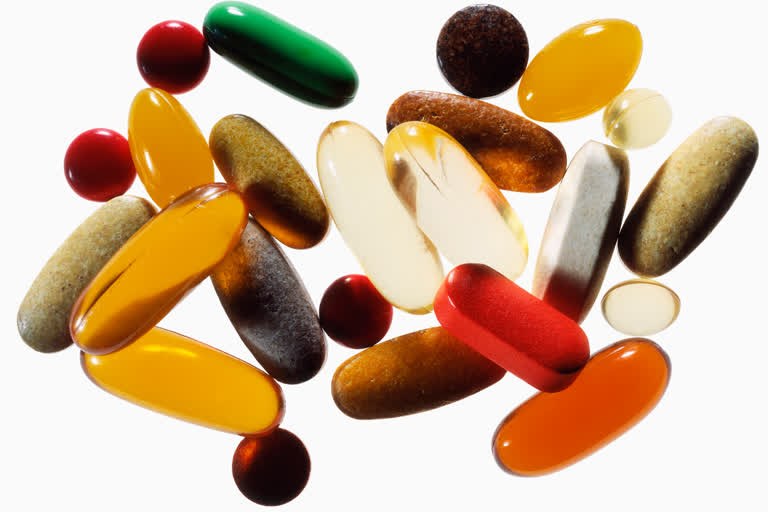Vitamins play a very important role in the human body. Vitamins are useful right from boosting our immune system, which is extremely important amidst the pandemic situation around the world, to healing wounds, etc. All these vitamins can be found in a variety of food that we eat. However, sometimes the food we eat may not suffice the vitamin requirements for our body. Therefore, here comes the role of vitamin supplements.
We asked our expert Dr. Rajesh Vukkala, MD (General Medicine), Consultant Physician at VINN Hospital, Hyderabad and he explains some of the vitamins that play a significant role in our body’s metabolism:
1.Vitamin A
Vitamin A is important for the functionality of the vision. It is derived from a source called carotenoids, predominantly working on the vision, around the eyes.
2.Vitamin B
- B1 or Thiamin, essential for blood circulation and nerves.
- B2 or Riboflavin, useful for the mucus cavities like the mouth.
- B3 or Niacin, role to maintain the digestive system, skin, and nervous system.
- B5 or Pantothenic acid, important for the synthesis of fat in the body.
- B6 or Pyridoxine, helpful in maintaining the nervous system and blood for anemia.
- B7 or Biotin, important for hair, skin, and nails.
- B9 or Folic acid, the formation of blood cells, especially RBCs, and also helps in the formation, maintenance, and repair of nerve cells.
- B12 or Cobalamin, grossly associated with the nervous system and also cell formation.
3.Vitamin C
Vitamin C has a significant, abundant role in skin and connective tissues and bladder. It also plays an important role in the immune system. It is also known as a repair vitamin, as it heals wounds.
4.Vitamin D
It is mainly associated with the absorption and maintenance of calcium, magnesium, and phosphate. Thus, dealing with the bones and muscles in our body. Sun is the best source of it.
5.Vitamin E
It usually deals with nerve problems and has antioxidant properties, maintaining the normal physiological functions of the body.
6.Vitamin K
It is important for blood and its products. It maintains the clotting system in the body. It ensures proper circulation of the blood to meet the needs of the body.
Therefore, all these vitamins play a major role in the maintenance and repair of one's body and keep the body functioning in a proper manner. “In all, there are 13 essential vitamins, however, some of them are not being utilized in terms of the scientific value”, says Dr. Rajesh.
We asked the doctor about the roles of multi-vitamins and he says, “Multi-vitamins are now an old thing and in the current days, targeted vitamin deficiencies are being looked upon. Therefore, now it is a target-oriented therapy rather than a bundle therapy, giving multivitamins”. Thus, every vitamin has a specific role and their deficiencies should be met with that particular vitamin only. Taking the vitamin in excess amounts causes toxicity and therefore, taking multivitamins without their requirements in our body may be harmful, affecting our kidney and liver as well. “Thus, the role of multivitamins is fading away. However, certain vitamins like vitamin C, which is water-soluble, do not cause a major abnormality if its levels are high in the body as it mostly passes out through urine. But high levels of fat-soluble vitamins may clearly show a side effect”, adds Dr. Rajesh.
Thus, before popping a vitamin or multi-vitamin supplement pill, re-think if it is actually required by your body or not. Consult a doctor first and get your vitamin levels tested before you grab those supplements that appear rather attractive in the advertisements.



